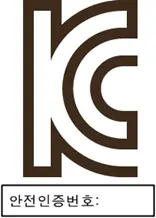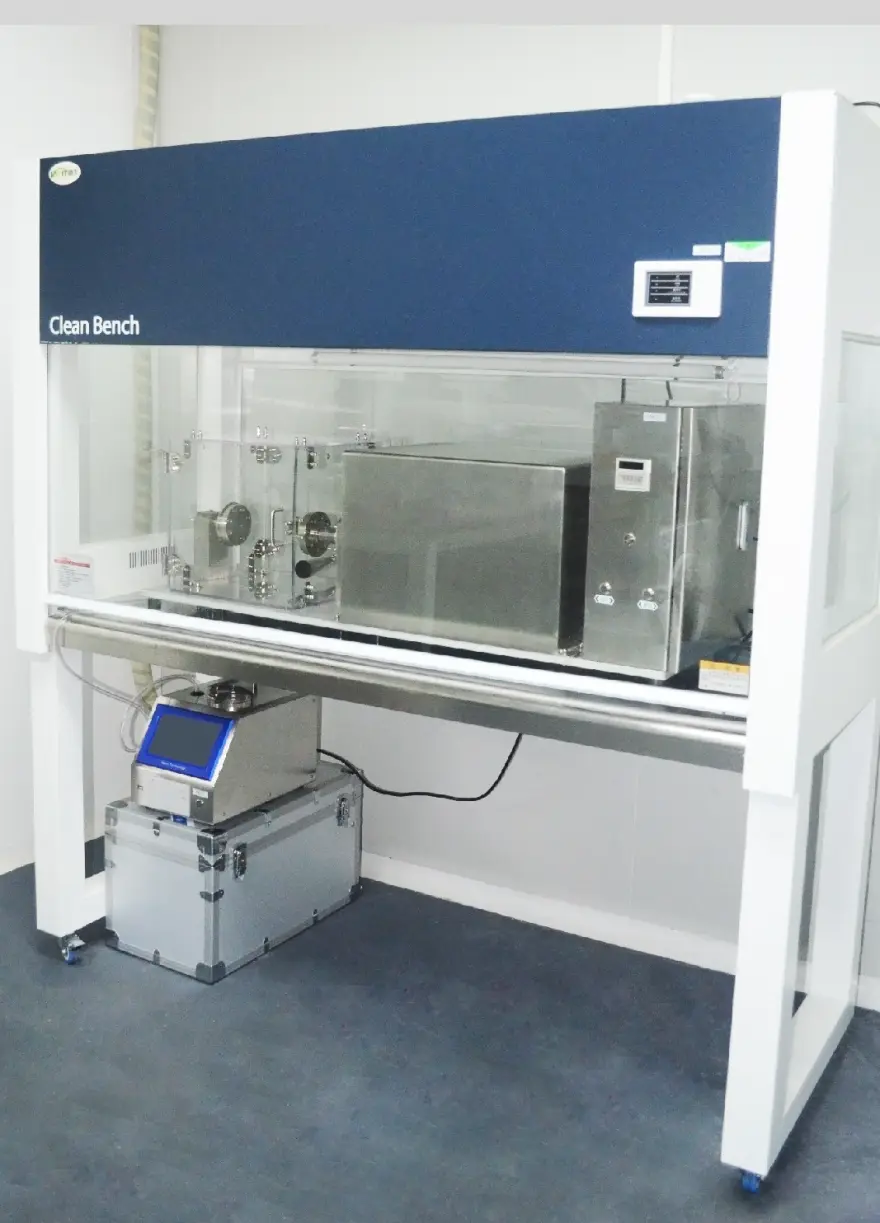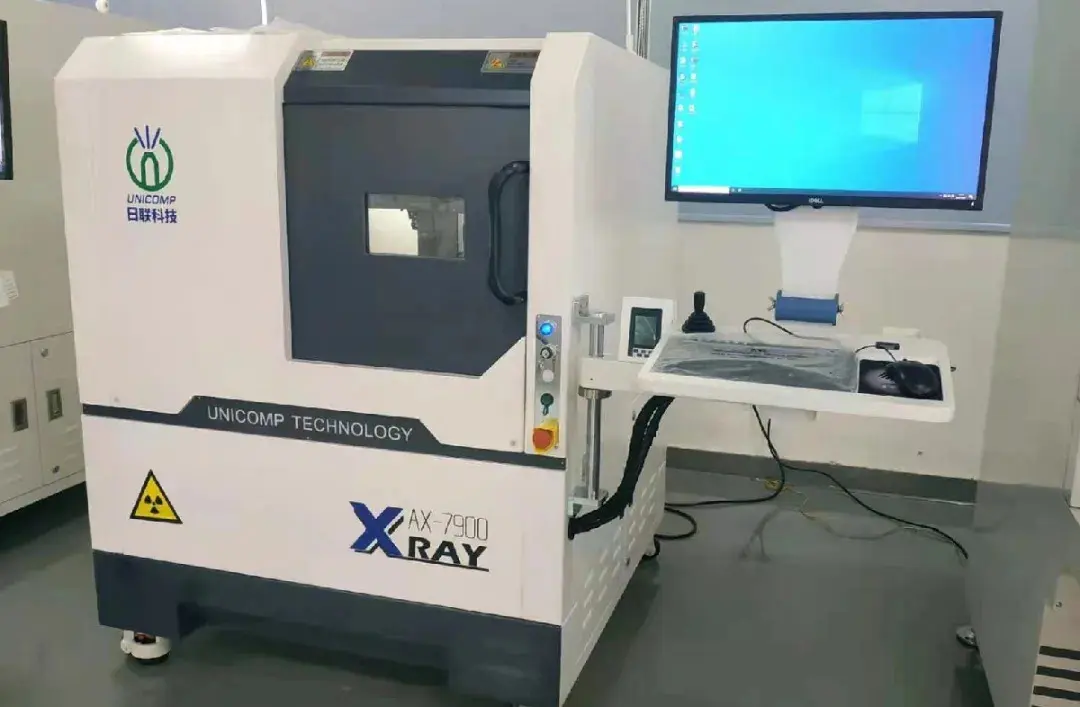
New Requirements for Korean KC Certification for Batteries
kc certification is a mandatory product certification system in South Korea, utilizing a unified KC certification mark. Battery products fall under the scope of KC mandatory certification, mainly involving two types: safety certification and safety confirmation.

Battery KC Certification Product Scope and Related Requirements
Cell
- Description: Maximum charging voltage greater than 4.4V, energy density greater than 700Wh/L (applicable to mobile phones, tablets, and laptops).
- Certification Type: Mandatory safety certification.
- Type Testing: Required (can be transferred via CB).
- Standard: KC 62133-2:2020 (corresponding to IECEE 62133-2:2017).
- Factory Inspection: Required.
- Routine Supervision: Required.
Battery Pack
- Description: Independently manufactured single-cell series/parallel.
- Certification Type: Mandatory safety certification.
- Type Testing: Required (can be transferred via CB).
- Standard: KC 62133-2:2020 (corresponding to IECEE 62133-2:2017).
- Factory Inspection: Required.
- Routine Supervision: Required.
Rechargeable Lithium Batteries for Portable Devices
- Description: For mobile phones, MP3 players, electric toothbrushes, razors, etc. (Lithium batteries for photography are not subject to KC control).
- Certification Type: Safety confirmation.
- Type Testing: Required.
- Standard: KC 62133-2:2020 (corresponding to IECEE 62133-2:2017).
- Factory Inspection: Not required.
- Routine Supervision: Not required.
Personal Mobility Tools
- Description: Rechargeable lithium batteries for devices with a speed below 25 km/h, such as electric scooters, hoverboards, and e-bikes.
- Certification Type: Safety confirmation.
- Type Testing: Required.
- Standard: South Korea National Technical Standards Notification No. 2019-0387.
- Factory Inspection: Not required.
- Routine Supervision: Not required.
Dry Batteries
- Description: For example, carbon-zinc batteries, zinc-manganese batteries, alkaline batteries, button batteries, etc.
- Certification Type: Safety confirmation.
- Type Testing: Required (testing in an authorized laboratory within South Korea).
- Standard: Appendix 5 of Safety Confirmation for Dry Batteries.
- Factory Inspection: Not required.
- Routine Supervision: Not required.
Nickel-Based Rechargeable Batteries
- Description: For example, nickel-cadmium batteries, nickel-metal hydride batteries.
- Certification Type: Safety confirmation.
- Type Testing: Required (testing in an authorized laboratory within South Korea).
- Standard: K10024.
- Factory Inspection: Not required.
- Routine Supervision: Not required.
ESS Energy Storage Systems (Battery Pack)
- Description: Mobile/fixed energy storage systems for vehicles or power banks with capacities ranging from 500Wh to 300kWh. Mandatory from March 21, 2024.
- Certification Type: Safety confirmation.
- Type Testing: Required.
- Standard: KC62619(2023-03) (corresponding to IEC62619:2022).
- Factory Inspection: Required.
- Routine Supervision: Required.
ESS Energy Storage Systems (Cell)
- Description: Applicable to cells used in fixed ESS with capacities below 300kWh. Mandatory from March 21, 2024.
- Certification Type: Safety certification.
- Type Testing: Required.
- Standard: KC62619(2023-03) (corresponding to IEC62619:2022).
- Factory Inspection: Required.
- Routine Supervision: Required.
Application Methods for KC Certification (Safety Confirmation) for Cells and Rechargeable Lithium Batteries
Method 1: Direct Application to Korean Institutions
- Send samples to qualified laboratories in Korea for testing.
- Duration: Approximately 3 months.
- Pros/Cons: Complex sample shipping, high certification difficulty, high cost, and long duration.
Method 2: Standard CB Mode
- Apply for KC based on cb certification, with sample shipping to Korean institutions for calibration.
- Duration: Approximately 2–3 months.
- Pros/Cons: Requires sample shipping to Korea; longer process.
Method 3: MOU Mode (Recommended)
- Transfer CB certification to KC certification via an NCB under an MOU agreement with a Korean institution.
- Duration: 2–3 weeks.
- Pros: No need to send samples to Korea; shorter process.
Notes:
1. The MOU mode applies under the bilateral MOU recognition framework between CB system NCBs (e.g., China Electric Research and Certification Center) and Korean certification bodies. It enables a faster and more convenient certification process without requiring sample shipping to Korea.
2. Newly regulated ESS energy storage systems are not yet eligible for CB-to-KC MOU mode and require sample shipping to Korean labs. Testing time can be reduced with CB certification. Contact for specific applications.
Required Application Documents for MOU Mode
1. KC application form (designated format).
2. Specifications for batteries and cells.
3. CB certificate and report for batteries and cells.
4. List of key components and specifications (e.g., IC, MOSFET, fuse).
5. Korean manual and nameplate.
6. UN38.3 report or transport regulation statement (designated format).
7. Business license.
8. Circuit diagrams.
9. Product photos, etc.
Important Notes for MOU Mode Applications
1. The KC applicant can be the manufacturer or a Korean importer.
2. Information such as manufacturer, model name, specifications, and circuit diagrams in the specification must match the CB documentation, or the CB will not be recognized.
3. Component markings (e.g., IC, MOSFET codes) in the actual sample must align with those in the specification.
4. Battery specification parameters must not exceed the parameter limits recorded in the cell specification.
5. Korea KC certification is based on the minimum capacity standard.
Example: If the cell’s minimum capacity is 1980mAh and the nominal capacity is 2000mAh, the battery must apply for KC certification as 1980mAh, not 2000mAh.
6. For derivative models, their parameters must not exceed the specifications of the base model, and the circuit diagrams and component lists should also align with the base model.
Email:hello@jjrlab.com
Write your message here and send it to us
 Packaging Validation ISO 11607 Test Report
Packaging Validation ISO 11607 Test Report
 What is the ISO 11607-1 Packaging Validation Test?
What is the ISO 11607-1 Packaging Validation Test?
 How to get an ISO 11737-1 Test Report?
How to get an ISO 11737-1 Test Report?
 Orthopedic Implant Cleanliness Testing
Orthopedic Implant Cleanliness Testing
 What is ISO 10993-23:2021 Irritation Testing?
What is ISO 10993-23:2021 Irritation Testing?
 ISO 10993-23 Irritation Testing Laboratory
ISO 10993-23 Irritation Testing Laboratory
 EMI Emissions Testing
EMI Emissions Testing
 EMC Standards for Medical Devices
EMC Standards for Medical Devices
Leave us a message
24-hour online customer service at any time to respond, so that you worry!




